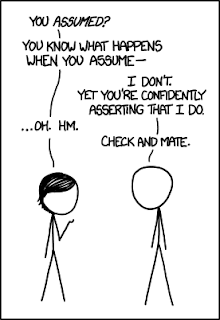Developing my inquiry question.
I feel like at the start of module two there was a real focus on how we shouldn't have a set question and the point of module two is to develop our route for our enquiry. All of a sudden the focus seems to have changed very quickly to 'what is your question?' At the start of module two I had an idea of the inquiry path I wanted to go down and I haven't strayed far from this as I have progressed through this module. How can a dance teacher create a positive role model for their pupils? Do dancers look at their teachers as role models? Should a dance teacher be a role model for their pupils? How can a teachers actions in lesson inspire their pupils? In what ways can dance teachers ensure they are a positive role model for their pupils? If anyone has any feedback on my questions this would be greatly appreciated. I am struggling to steer away from the term 'role model' but I feel it makes for a simpler question.






